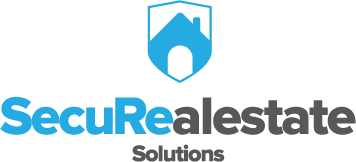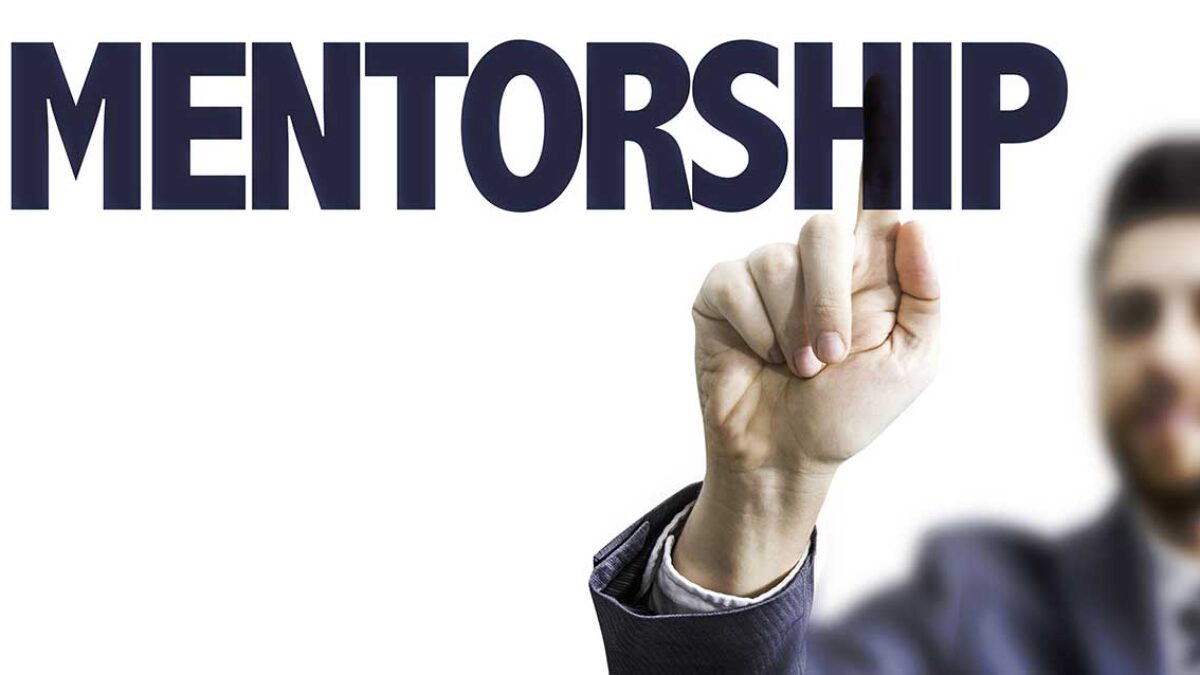Coaching and Mentorships Part II
Mentors are Partners that Make Transactions a Learning Experience
Hi all! What’s going on? Hopefully our previous post about coaching was valuable and offered some insights on how (and when) you should engage in a coaching experience. So let’s switch tracks and discuss mentors for a bit. I think the first big question everyone always asks is “What’s the difference? Isn’t coaching and mentoring the same thing?” And our answer is always a resounding “No!”
The easiest way to differentiate is this: you pay a coach to teach you, but you do business with a mentor to learn. A coach will tell you what to do; a mentor will show you how to do it.
We work with a mentor right now; this is a relationship that started about a year ago. Just like when choosing a coach, you want to find a mentor that matches your core values and runs a similar business model to your own, and this mentor very much meets those requirements for us. Early on in this business—when you don’t have buyers, and don’t know how to underwrite deals, and don’t understand the legal and taxation variations of different municipalities—a mentor is a deal partner that will take the time to show you the ropes and help guide you through the process.
A year ago we most definitely needed that, and since then, we’ve probably done close to ten deals with our mentor involving fees easily pushing $100K. Do you have to do that? Certainly not, but from our perspective doing these first deals as a JV [joint venture] has been priceless. Sure, a good mentor is going to make money off of you; but in return you are going to have someone with many years more experience than you literally baby-step you through the process and explain in detail all the hiccups and exceptions you will experience along the way. You can’t put a price tag on that.
Jake and I talk about this all the time: you cannot look at this as a cost or expense; early in your business development, these experiences are an investment. Could we have chosen instead to just forego the mentoring and keep that $100K in fees? No! Because without the mentoring on the first and second deal, we never would have made it through the next two, and the next two and the next two. There never would have been the $100K in fees. Without the mentoring we would have floundered through it, made a bunch of mistakes, lost $20K and wasted three months. It really is that black and white.
As we got through the first few deals, the learning for us became more broad. It doesn’t take that long to learn the basics of finding and closing a deal, so we asked more questions. What systems do you use? How do we structure our operations? What are the newest trends in the industry? How is the latest monetary policy going to impact our business? What motivates employees to be more efficient?
We still meet with our mentor once a month, and communicate via text quite frequently. If we ever have a deal that gets stuck, or have a question or challenge we’ve never faced, having a trusted resource to turn to is invaluable. Looking in the rearview mirror, those fees we gave up seem insignificant now. You get what you give—and in this professional relationship, that could not be more true.
It’s been a year and we’re a lot smarter now (though we know there is still so much to learn). And obviously since we’re running a business, we don’t want to just give things away for free. We do our deals on our own now, but we still maintain the relationship with our mentor. We still throw a deal that way every now and again just because of all the help we received. It’s a true win-win.
Now that we feel comfortable and are doing well in our wholesaling business, Jake and I have decided it’s time to branch out in a new direction. Over the next 12 months, we plan to start assembling a book of contracting crews and building our capacity to generate rent-ready flips. We know very little about these kinds of deals, but you know who does? Yep. Our mentor has been doing that for nearly five years already. We know we can learn so much from him … again.
And that’s just it. Find good, likeminded individuals who have a similar business model and are doing bigger things than you are. Partner with someone who has way more experience, but the patience and desire to see you success. Drop the expense mindset for a bit and understand that you are making an investment. Then be consistent and stick with it. It’s a great way to build strong, long-lasting relationships that are mutually beneficial.

